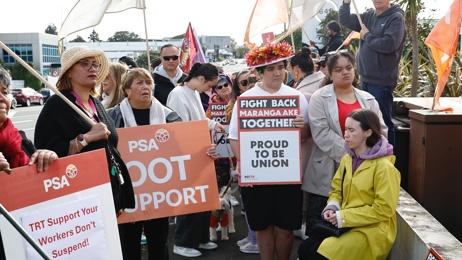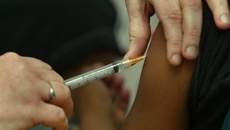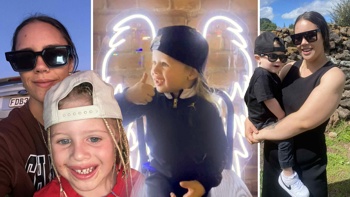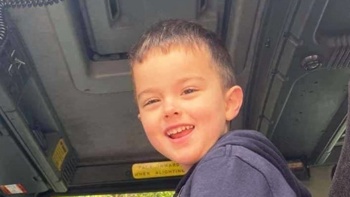
Band-Aid security solutions, double-tasked security staff and a lack of de-escalation training have been identified as lessons learned from a horror hospital attack over Easter Weekend that involved a machete.
A Wairarapa Hospital visitor suffered a skull fracture after the machete attack in the hospital's emergency department. The machete-wielding offender allegedly asked a receptionist where a patient was being treated, then viciously attacked a man with the weapon.
It is understood the victim suffered a severe laceration to his head and a fractured skull after the attack, requiring emergency surgery.
“There was a lot of blood as with all head wounds,” an employee at the hospital told the Herald, saying blood was on the walls, floor and hallway.
Nurses Organisation president Kerri Nuku told Newstalk ZB that every hospital in New Zealand has security issues, but the central issue was linked to the sector's staffing challenges.
"[It's] not necessarily security guards that will manage with de-escalation or any significant event, but patients and people are fed up with waiting long times to access services; they're frustrated," she said.
"Often people are coming up after some event and so it's heightened anxiety, they know they're in ED so they bring that beef to that space as well."
Nuku said the fact there was increased security at eight of the country’s largest hospitals tres was positive, but also stressed there was a gap in experience and training when it comes to managing heightened conflict.
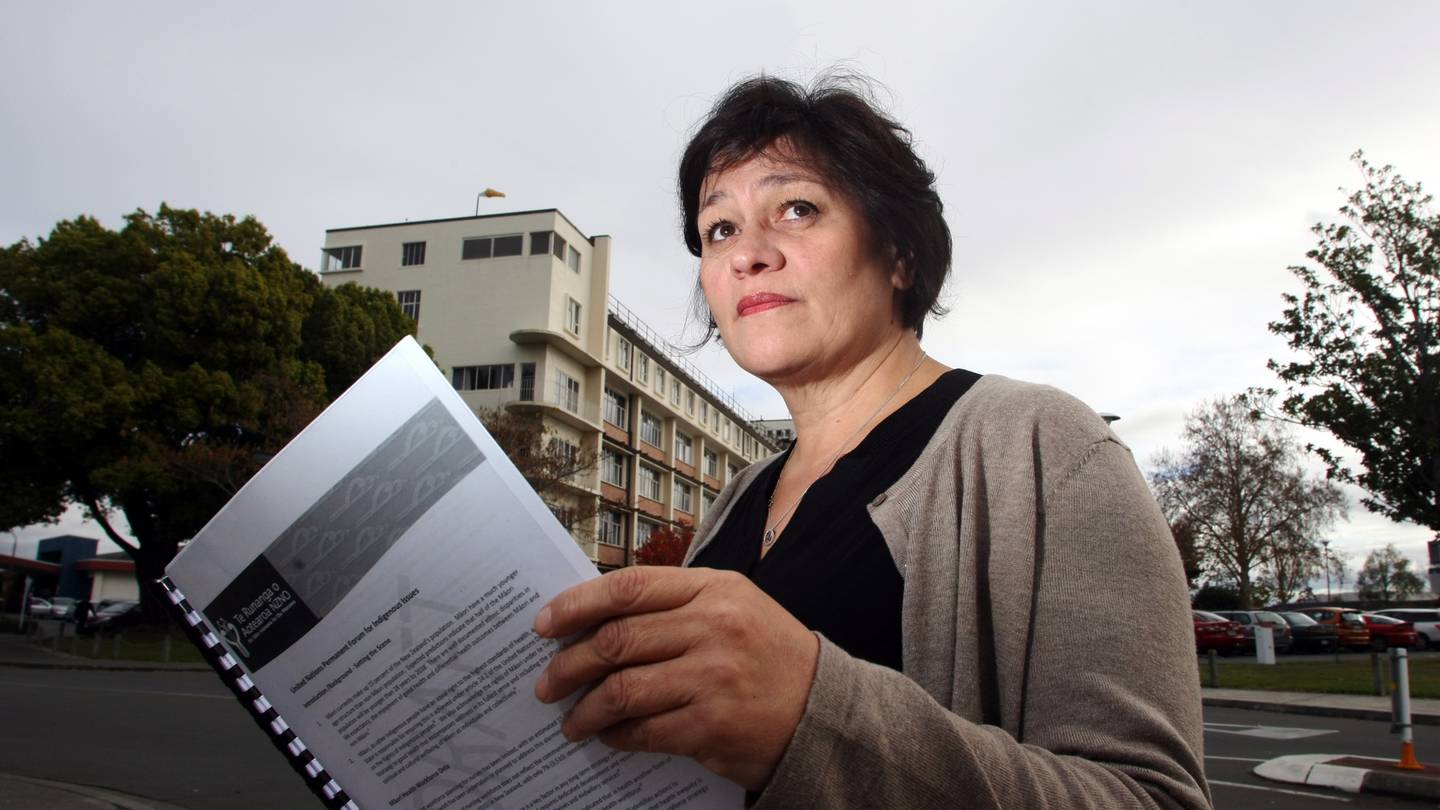
She said training needed to be provided for security staff on how to manage de-escalation, making sure that the right people were skilled to approach situations confidently and allow others in the hospital to do their jobs.
"The [Minister of Health] needs to look at all frontline - that doesn't just mean [Emergency Department] but any entry point where staff and patients are meeting for the first time. There's always a potential risk there," said Nuku.
"Our members have real concerns around frontline situations like this - I think there will be more calm if we don't take a careless approach to this."
The Government's approach to security in hospitals was also called a "Band-Aid approach" by Association of Salaried Medical Specialists executive director Sarah Dalton, who told Newstalk ZB she didn't understand why only some hospitals had improved security.
"You could make the case smaller, more rural EDs could be at more risk than the larger urban EDs, it depends on which way you look at it," she said.
“Looking at it in terms [of funding] in our hospitals and how expensive is it to keep them running safely, this is another Band-Aid approach. This is what every Government does. They see a problem in the hospital, they chuck a bit of money at it for a time, they don't properly analyse what's going on and then they take it away again."
Dalton said Saturday's attack was "a little out of the bag", but usually violence in emergency departments was the result of patients and family waiting for long periods to have their needs met.

She also said that questions needed to be asked about the multiple roles that security staff are required to fill when on shift.
"The security they have in place [at Wairarapa Hospital] overnight is an orderly, part of whose job it is for security. So they weren't even in the ED at the time because they were off taking a patient for a scan," said Dalton.
"It's unreasonable to have an orderly double-tasking, one of which is quite complex difficult work."
Wairarapa has contracted security staff who work in and around the ED, according to chief people officer of Health NZ, Andrew Slater. The staff are expected to be trained in safe security practices.
Slater said in smaller-to-medium hospitals, it’s not uncommon for security staff to undertake wider duties.
"As part of addressing violence at work, we have a programme of work across Health NZ to ensure patient-facing staff are trained in de-escalation as well as broader strategies to address this challenge," Slater told ZB Plus.
"As part of that, 15,000 staff have worked through recently launched online training."
Police confirmed that a 62-year-old man was taken into custody on Saturday and is due to reappear in the Masterton District Court on charges of wounding with intent to cause grievous bodily harm.
Police said the victim and alleged assailant were known to each other.
The victim received moderate injuries and a weapon has been recovered. Inquiries are ongoing.
Take your Radio, Podcasts and Music with you



